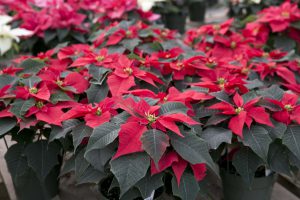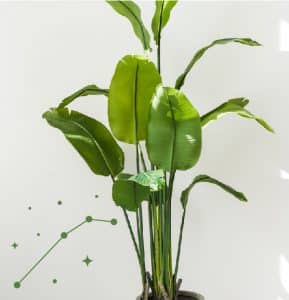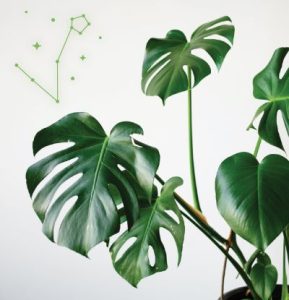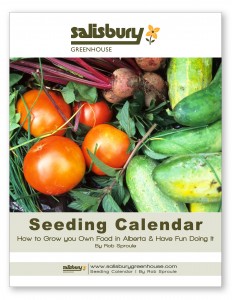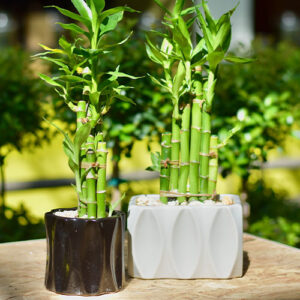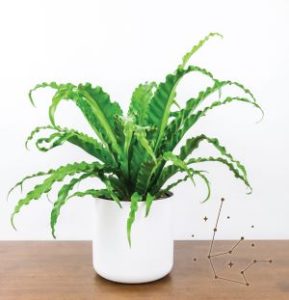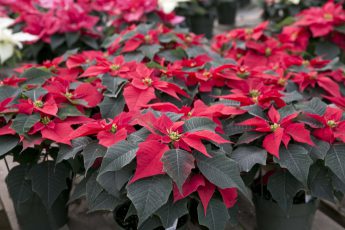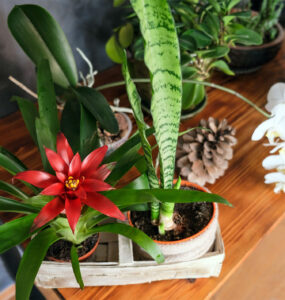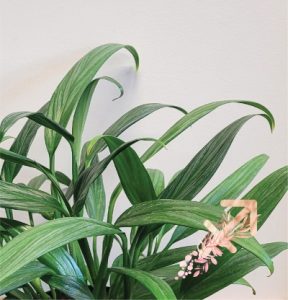
Synthetic VS Organic Fertilizers: Who will Win?
By: Rob Sproule
To Organic or Not to Organic
How Organic Fertilizers Work
How Synthetic Fertilizers Work
Most Effective Organic Fertilizers
“If the grass on the other side of the fence appears greener”¦it must be all the fertilizer they’re using.”
– Kevin Rodowicz
To Organic or Not to Organic:
We all want to do our part for the environment. Synthetic fertilizers, while effective in the short term, do nothing to enhance our soil’s long term viability. But when people tell me they’re simply going to “switch” to organic fertilizers for all their plants, I need to point out that it’s not apples-to-apples. Synthetics and organics are fundamentally different not only in their ingredients, but also in how they work, how they’re applied, and what you can expect from them. Let’s dig into it:
Organic fertilizers are:
“¢ Derived from vegetables, manure, or animal matter or bi-products. From bones to poop to coconuts, it’s a wide range, but all naturally occurring.
“¢ Contain nitrogen, phosphorous and potassium, but typically in smaller amounts than synthetics.
“¢ Tend to contain more micro-nutrients than synthetics do.
Synthetic fertilizers are:
“¢ Made in factories to exact specifications with specific nutrients
“¢ Act quickly and more predictably than organics
“¢ Contain few if any micro-nutrients
The most common organic fertilizer is compost. You’ll probably be spreading some across your veggie garden this spring to replenish nutrients that cucumbers and corn have sucked dry. Whether you make your own compost out of kitchen scraps or buy it in, it’s one of the best things you can add to your garden. We use manure for the same purpose, and get a similar effect.
How Synthetic Fertilizers Work:
Synthetic fertilizers are the 20-20-20s of the world. They’re often a water soluble, blue powder that you blend into your water. When you pour the blue water on, under the soil becomes like a money-tunnel. The nutrient soaked water flows downwards and whatever the roots can grab as it goes by, the plant gets to keep. The rest flows out the bottom and finds its way into our soil and water table.
Synthetics are the espresso shot of fertilizers. They work fast and, when it comes to annuals, the high performers need that “hit” in order to perform. You’ll find it difficult to keep your Million Bells and Supertunia containers looking gorgeous with organics alone. That being said, take steps to minimize waste, both for the environment and your wallet’s sake. Never make it more concentrated than the guidelines on the package, and if the plant is bone dry, water with clean water first to make the medium around the roots more absorbent.
Learn more about fertilizer with Alberta’s Best Gardening Blog
How Organic Fertilizers Work:
Organics work slower. You apply them in various ways, depending on the ingredients. While synthetics only feed the plant (often to the detriment of the soil), organics feed the soil as well. They’re typically full of microbes that start right to work enriching the soil. You don’t have to worry about over-fertilizing, although organics tend to be more expensive than the blue water. Because none of the nutrients aren’t wasted out the bottom of the container, you don’t need to worry about run-off. However, if you’re fertilizing into the ground and the soil is still cold, the microbes probably won’t be able to perform at their best.
Organics are a “long term” fertilizer. They begin a process of enrichment and nurturing that often take months before you see fruit-and-flower results. Over years of use, they’re enrich soil and make your yard healthier and more vibrant overall.
Synthetics are a drug, and many of the annual you buy are already addicted. They’re the best choice for container gardening when the goal is short term awesomeness. So if you love your containers full of colours, use the blue water to the proportion on the package (and don’t over water). For your veggie garden garden and perennial beds, I’d recommend incorporating an organic into your routine. It may be a year or more before you can phase the synthetics out, but once the soil is vital and the organic’s full effects have kicked in, you’ll wonder why you didn’t switch earlier.
Cons of Organic fertilizers
“¢ Cooler soils don’t release the contents as well
“¢ The type of microorganisms present influence how effective the fertilizer is
“¢ More expensive than chemical fertilizers
“¢ Pets and bugs may be attracted to certain varieties
“¢ Not as readily available compared to the chemical fertilizers
– Takes more time in order for nutrients to be released
“¢ If content, such as animal manures, are not fully composted it may cause problems in the soil
Most Effective Organic Fertilizers:
“¢ Manure (cow, horse, sheep or poultry)
– High in organic matter but low in nutrients
“¢ Blood meal (cow powdered blood)
– High in nitrogen (promotes leafy green growth)
– Don’t use excessively to prevent burning of the plant roots
“¢ Shellfish fertilizer (crushed shells and bones from shellfish)
– High in calcium and phosphorous
“¢ Rock phosphate (crumbs of lime-based phosphate)
– Doesn’t leach in the soil
“¢ Greensand
– High in iron potassium
“¢ Fish emulsion (partially decomposed fish) (organic fish and seaweed)
– Don’t use excessively to prevent burning of the plant roots

